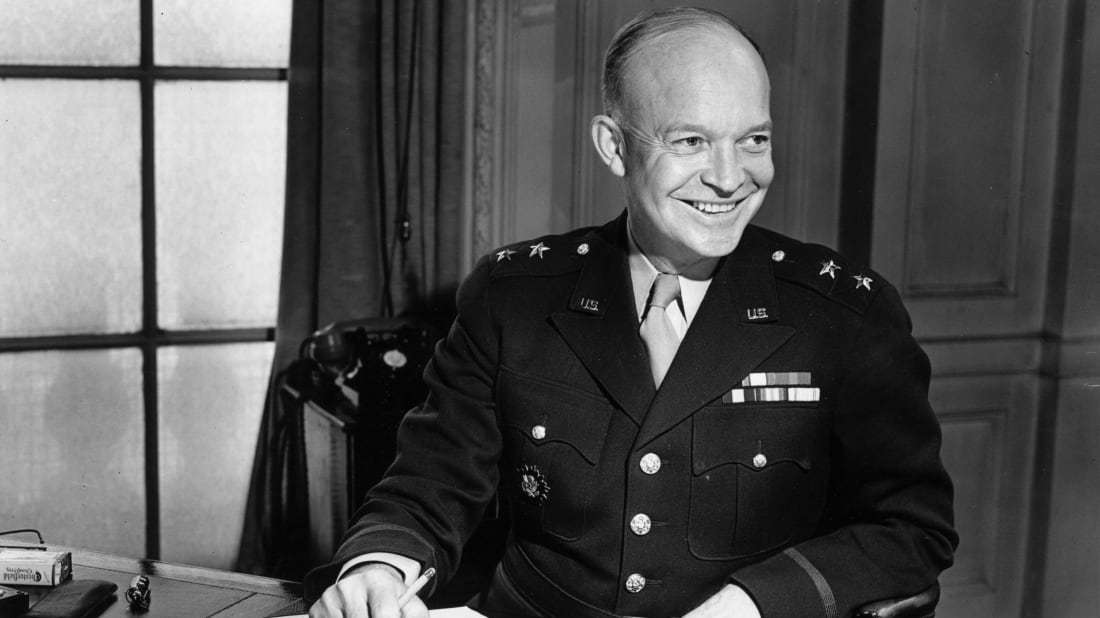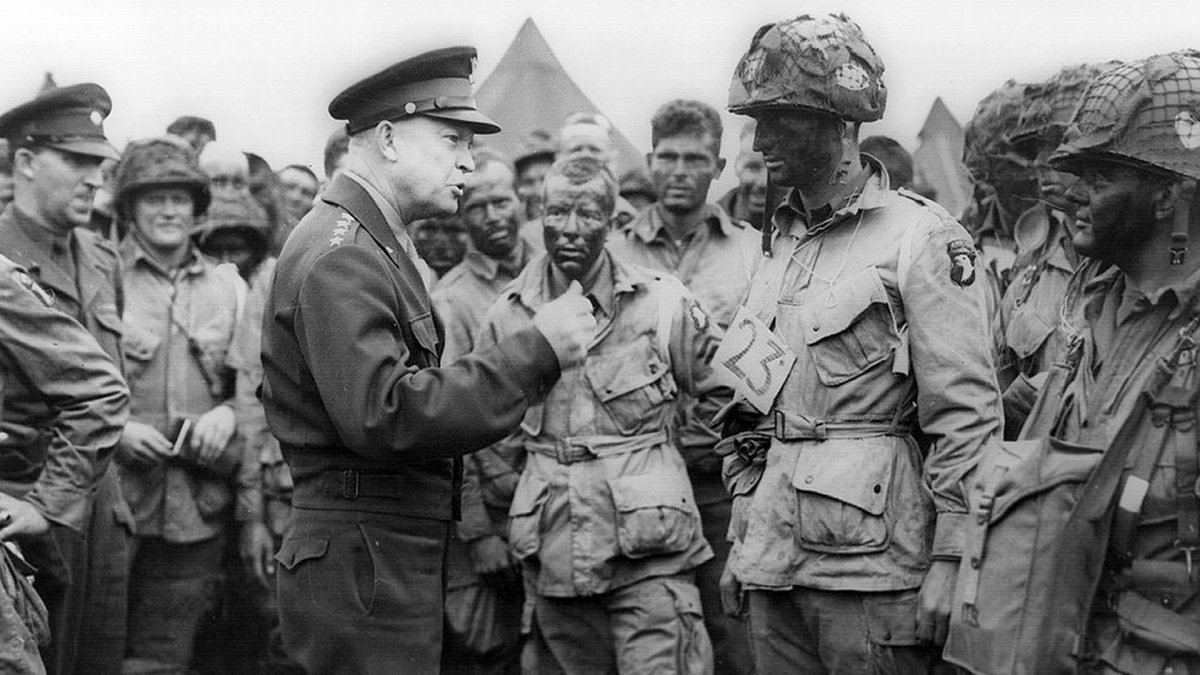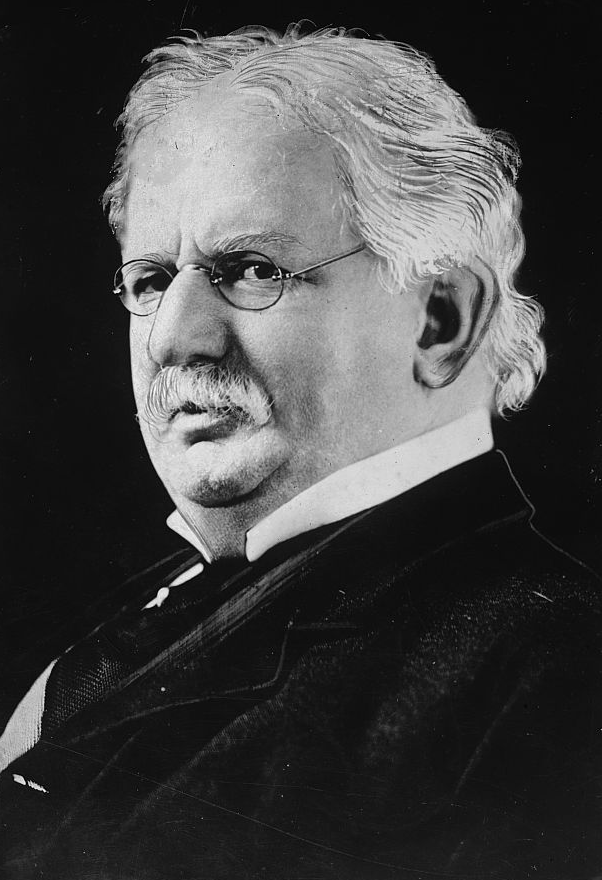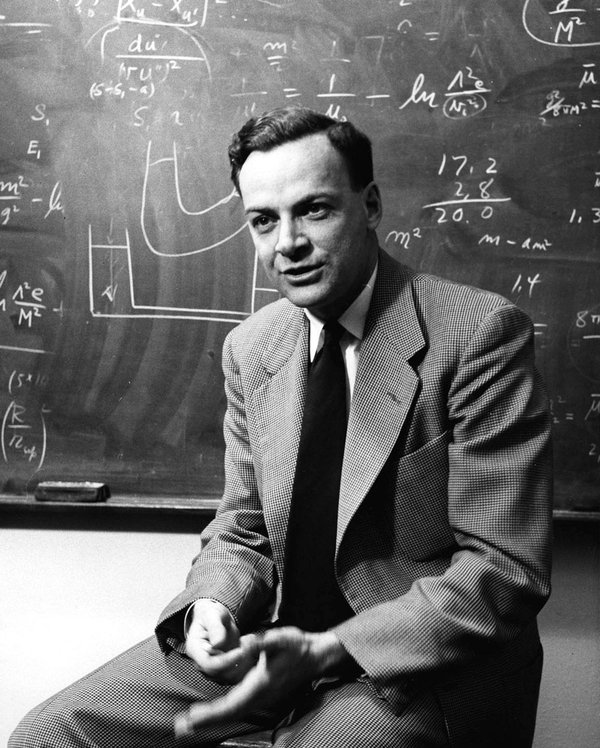
The @JeffBezos Regret Minimization Framework is a simple yet powerful mental model for making important decisions and unlocking growth in your career, startup, business, relationships, or life.
A short thread on how it works and how it can change your life...
A short thread on how it works and how it can change your life...

Jeffrey Preston Bezos is an American entrepreneur and technologist.
He is most well known as the founder and CEO (soon-to-be executive chairman) of Amazon and the founder of Blue Origin.
A legendary figure today, he may have remained anonymous if not for one key decision.
He is most well known as the founder and CEO (soon-to-be executive chairman) of Amazon and the founder of Blue Origin.
A legendary figure today, he may have remained anonymous if not for one key decision.
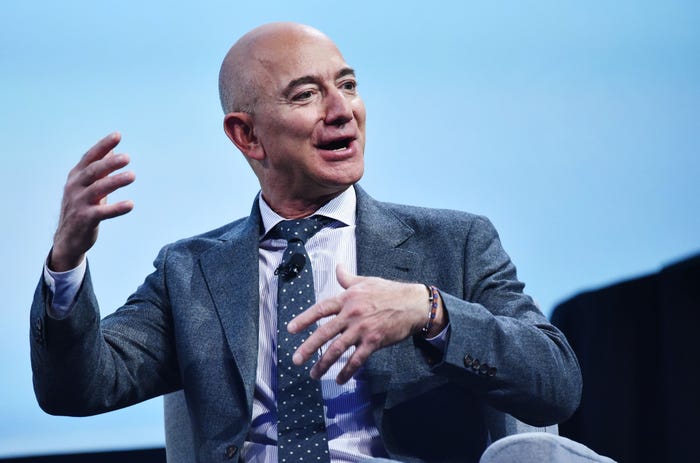
In 1994, at age 30, Jeff Bezos was a star at D.E. Shaw, a successful quant-focused hedge fund.
He was on a lucrative path.
But he had become obsessed with a new thing called "the internet" and its power to change the world.
He had a vision of participating in that future.
He was on a lucrative path.
But he had become obsessed with a new thing called "the internet" and its power to change the world.
He had a vision of participating in that future.
Bezos had a decision to make.
Stay at D.E. Shaw - with a high likelihood of wealth creation and "success" - or leave and pursue his speculative, crazy new idea.
He developed a framework for making this (and many future) decisions:
The Regret Minimization Framework.
Stay at D.E. Shaw - with a high likelihood of wealth creation and "success" - or leave and pursue his speculative, crazy new idea.
He developed a framework for making this (and many future) decisions:
The Regret Minimization Framework.
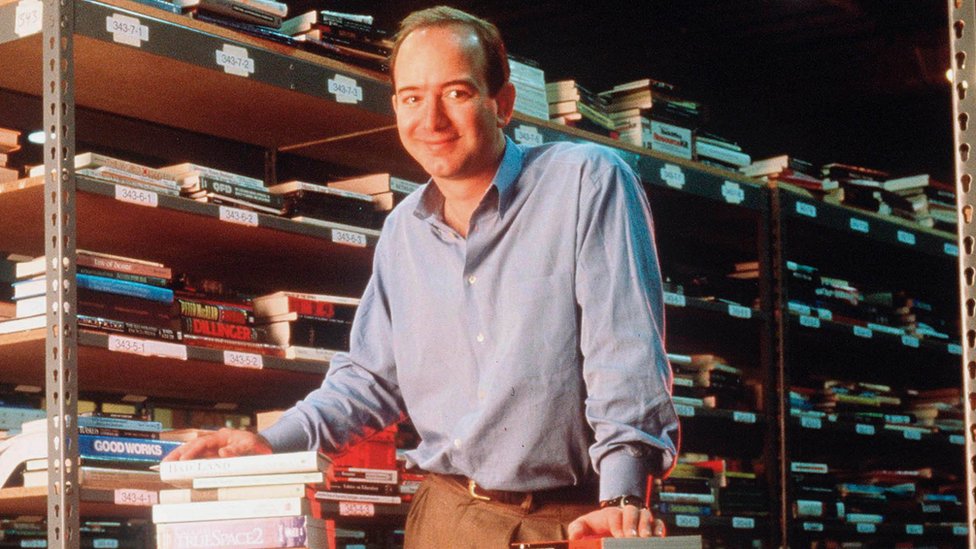
The Regret Minimization Framework is simple.
The goal is to minimize the number of regrets in life.
So when faced with a difficult decision:
(1) Project yourself forward into the future.
(2) Look back on the decision.
(3) Ask "Will I regret not doing this?"
(4) Act accordingly.
The goal is to minimize the number of regrets in life.
So when faced with a difficult decision:
(1) Project yourself forward into the future.
(2) Look back on the decision.
(3) Ask "Will I regret not doing this?"
(4) Act accordingly.
We all know what he ultimately decided...
Bezos beautifully summarized the framework and decision in the interview below.
"Okay, now I’m looking back on my life. I want to have minimized the number of regrets I have."
Bezos beautifully summarized the framework and decision in the interview below.
"Okay, now I’m looking back on my life. I want to have minimized the number of regrets I have."
The power of the Bezos Regret Minimization Framework is in its simplicity.
It provides a clear lens through which to see the world.
It separates you from the present-day fears and uncertainties that clog decision-making pathways.
It forces gut and intuition to the forefront.
It provides a clear lens through which to see the world.
It separates you from the present-day fears and uncertainties that clog decision-making pathways.
It forces gut and intuition to the forefront.
So the next time you are faced with a difficult decision - in your career, startup, relationships, or life - take a lesson from Jeff Bezos and give the Bezos Regret Minimization Framework a try. 

For more on this framework, I really enjoyed this article from the great @awealthofcs.
Ben creates incredible content, so I'd also recommend following him, subscribing, and checking out his books! awealthofcommonsense.com/2016/10/the-je…
Ben creates incredible content, so I'd also recommend following him, subscribing, and checking out his books! awealthofcommonsense.com/2016/10/the-je…
If you enjoyed this, follow me for more educational threads on mental models, business, and finance. You can find all of my threads in the meta-thread below.
https://twitter.com/SahilBloom/status/1284583099775324161?s=20
And if you are less Twitter inclined, sign up for my newsletter here, where you can find all of my old threads and receive all of my new threads directly to your inbox. sahilbloom.substack.com
• • •
Missing some Tweet in this thread? You can try to
force a refresh


